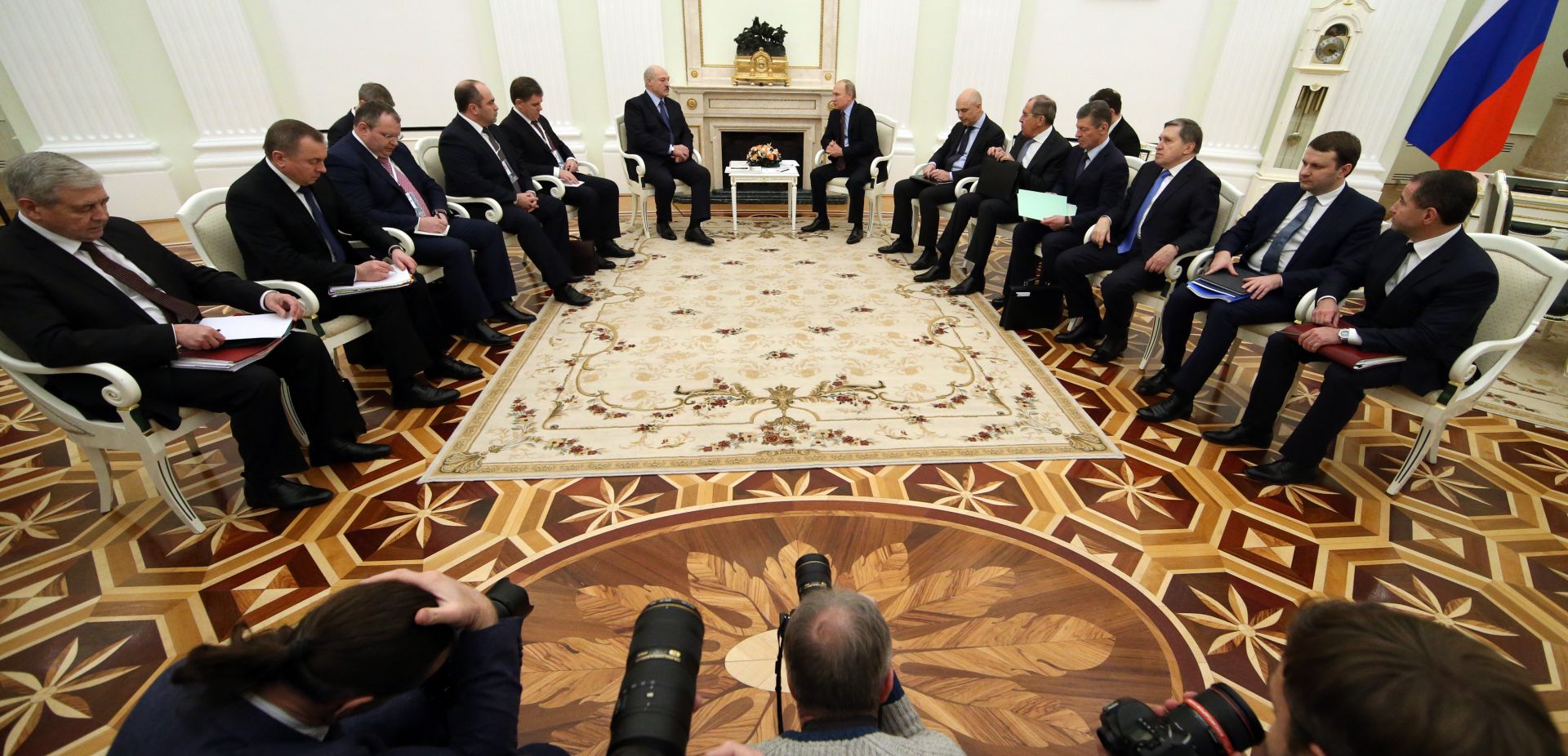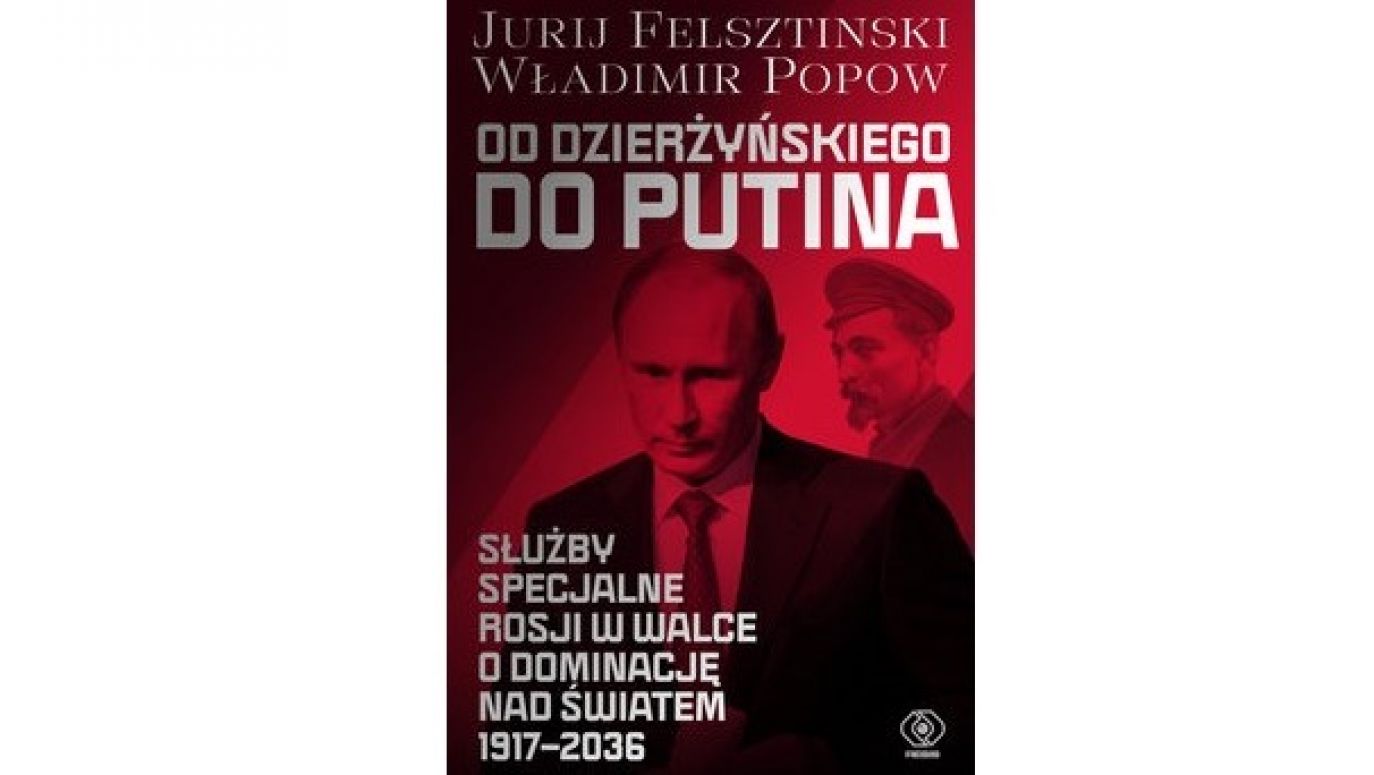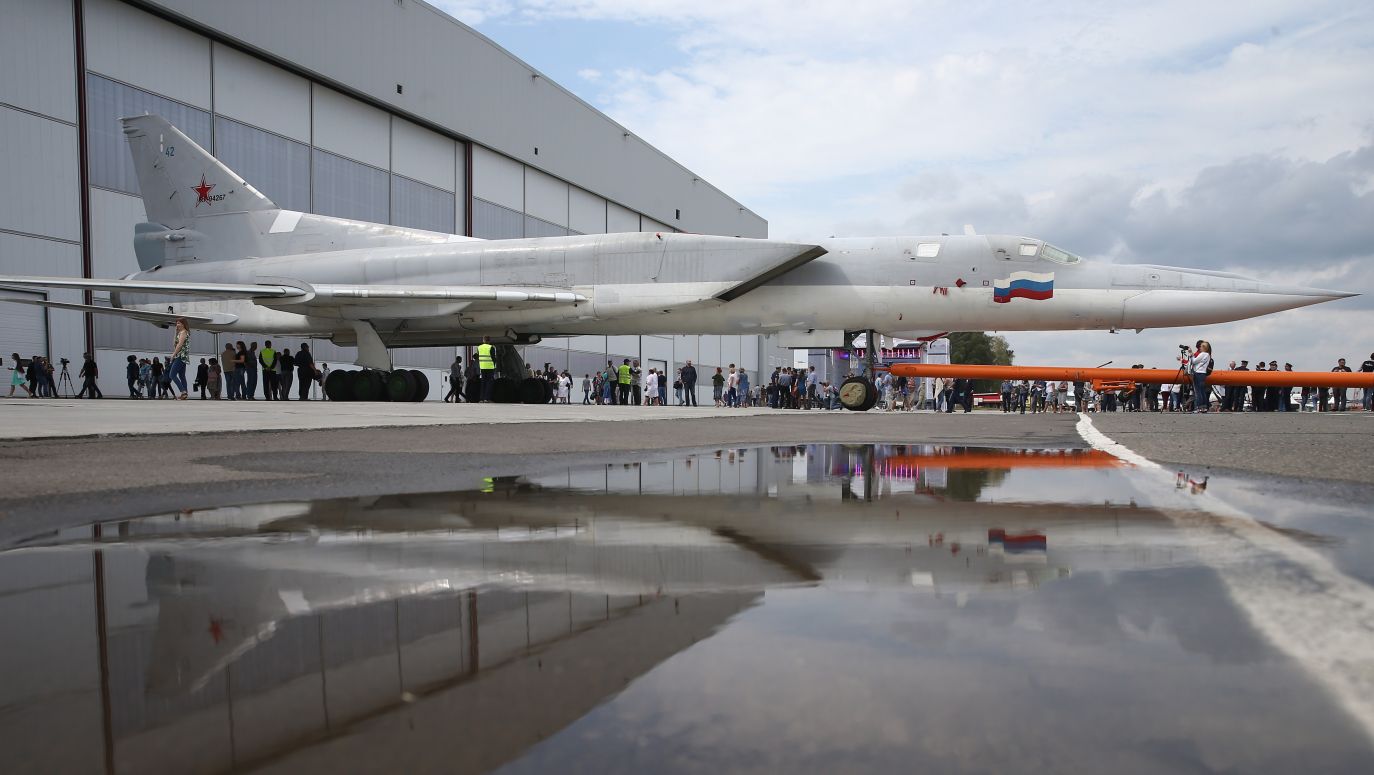Let us remember that in Ukraine, Belarusian soldiers fight in the ranks of the defenders and that together they are repelling the invaders' attack. In Belarus, the opposition and the drive for democracy are stronger than in Russia. And most importantly, we do not know how the Belarusian army will behave in a conflict with Ukraine. Maybe it will turn against the dictator, maybe it will not want to be a tool in Putin's hands. I think Belarus is the key to ending this war.
Is the war in Ukraine becoming for Putin’s Russia what Afghanistan was for the USSR?
From the Western point of view, this is a similar scenario, especially in the context of the involvement of military aid from democratic countries. I expect the conflict to continue until Russia bleeds out and collapses in its present form, because that was the case with the USSR.
However, I do not believe that this conflict can last as long as the war in Afghanistan, that Ukraine's defenders will die for freedom for the next ten years, and that the West will be able to help Ukraine for so long. The way to resolve this conflict is to deliver valuable offensive weapons to Ukraine and bring about the collapse of the Lukashenko regime. This will weaken Putin and could cause his system to collapse as well.
You said earlier that Putin's fall would be useless. What will the collapse of the system bring if the Genghis Khan spirit is still present in Russian genes and they do not understand the values of freedom and democracy?
I don't know, I am not a genetics specialist (he laughs), but we must understand that there has never been a democracy in this country. Russia was a monarchy before 1917 and a communist dictatorship before 1991. Throughout the existence of Soviet Russia, the best people were eliminated. Anyone active, intelligent, independent or resourceful was a threat to the regime and disposed of. Those who survived learned that in order to survive, you had to get rid of the above-mentioned qualities, above all of the feeling of independence and honesty, because they are the most dangerous values.
This, of course, has nothing to do with genetics, but more to do with an evolutionary adaptation to life under a dictatorship. After 1991, there was a chance for democracy in Russia, but only an illusory one, because the security service seized power long before that. When Putin came to power, this state was already entirely run by people from the KGB. Only the situation was that, apart from them, no one saw it.
So is it possible to free Russia from the claws of the KGB?
My book, "From Red Terror to Mafia State", was completed in 2021, and at that time I thought that the regime created by Putin would be very stable. He once promised to stay in power until 2036 (he is now 70 or 72 depending on which of his biographies we believe).
I argued that Putin would keep power until 2026 if he didn't start a major war. He did in February 2022, so now I think there is no chance Putin will survive until 2036 as president of Russia. This war will end both his reign and his regime. The question is when will Russia lose this war, and what price will the free world pay for its victory.
Freeing Russia from the claws of the KGB can only take place when Russia loses the war. It will not come with just Putin's disappearance.
–Interviewed by Cezary Korycki
TVP WEEKLY. Editorial team and journalists
–Translated by Agnieszka Rakoczy
Dr. Yuri Felshtinsky : a historian, journalist and expert on Russia and the USSR. A co-author of the book "Blow up Russia", written together with Alexander Litvinenko, a former KGB lieutenant colonel who was poisoned with radioactive polonium in London in 2006. His book "From Red Terror to Mafia State", co-authored with Vladimir Popov, was published this year. Felshtinsky studied history at the Moscow Pedagogical Institute. In 1978 he emigrated to the United States, where he continued his history studies, first at Brandeis University and then at Rutgers, where he earned his Ph.D. He was also a scholarship holder of Stanford University’s Hoover Institution.


 SIGN UP TO OUR PAGE
SIGN UP TO OUR PAGE 





